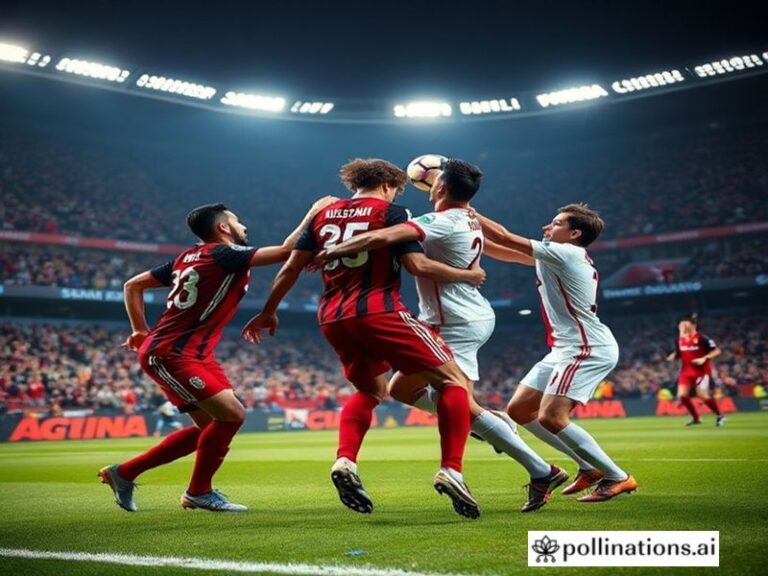Civil War Goes Global: How Oregon vs Oregon State Explains the 21st Century
From the banks of the Willamette to the war rooms of Davos, the planet pauses this weekend for a proxy battle that, on paper, is merely a college football game between Oregon State and the University of Oregon. In practice, it is a perfect Petri dish for every neurosis the 21st century has on offer: tribalism, branding, climate anxiety, and the faint but unmistakable smell of athletic department desperation.
Seen from Singapore, where analysts track U.S. soft-power exports the way commodity traders track soybean futures, the Civil War—yes, that’s still the official, if awkward, name—registers as a low-cost reality show with high geopolitical dividends. One Pac-12 “afterthought” versus a Nike-fueled neon peacock: it’s the perfect metaphor for a world splitting into boutique nation-states and transnational megabrands. Beijing’s censors allow the livestream because nothing illustrates the decline of American attention spans quite like 110,000 people screaming over a 0.5-yard spot of a ball while wildfire smoke turns the sky Martian orange.
Zoom out further and the rivalry becomes a case study in late-stage capitalism’s talent siphon. Qatar’s sports ministry keeps a color-coded spreadsheet that tracks which Power-Five coaches might be lured to the desert for a tax-free payday. Oregon State’s Jonathan Smith currently sits in the yellow “plausible with oil spike” quadrant; Oregon’s Dan Lanning is already penciled in green, next to the phrase “will require sovereign wealth.” Somewhere in Riyadh, a prince is Googling “corvallis nightlife” and sighing.
European readers, meanwhile, interpret the game as an American parable of climate fatalism. Both campuses sit on the Cascadia Subduction Zone, a fault line that could evict the entire Pacific Northwest into the ocean tomorrow, yet 30-point underdogs still run trick plays as though compound interest will still exist in 2050. German newspapers run sidebars explaining how alumni donations could instead fund seawalls; French philosophers note that screaming “Go Beavs” is simply an existential scream with a mascot.
In the Global South, the spectacle is watched with the amused detachment of people who have seen bigger rivalries settled with actual wars. Nigerian Twitter jokes that the loser should be forced to keep the Pac-12 name, a punishment crueler than any bowl ban. Brazilian students swap memes comparing Oregon’s chrome helmets to carnival floats and Oregon State’s resolute orange to prison jumpsuits, which is only half a joke given U.S. incarceration rates.
All of this, of course, is filtered through the great flattening of the attention economy. A Kenyan start-up sells $2 SMS score alerts that arrive faster than the stadium Wi-Fi. Indian call-center workers on break huddle around one cracked phone, betting rupees on whether the over hits 67. Somewhere in Kyiv, a displaced kid who learned English from NCAA video games roots for the Beavers because their logo looks like a Pokémon. The world shrinks; the absurdities balloon.
And yet, beneath the sarcasm, something stubbornly human persists. At kickoff, grandfathers in Pendleton wool will clutch faded ticket stubs from 1967, back when “global supply chain” meant the supply of chain used to tow broken buses. Mothers will whisper the names of sons who couldn’t afford tuition hikes. Even the Silicon Valley investors in the luxury boxes—checking crypto prices between plays—will feel a twinge of provincial loyalty, that antique emotion venture capital can’t quite monetize.
When the final whistle blows, one set of fans will storm the field; the other will storm social media. The planet will rotate on, marginally less interested than three hours prior. But somewhere in the collective unconscious, the score will linger as a tiny data point: evidence that even in a burning world, people still find time to argue about which shade of green represents them best. That, if nothing else, is a form of resilience—perverse, commercialized, and probably doomed, but resilience nonetheless.







